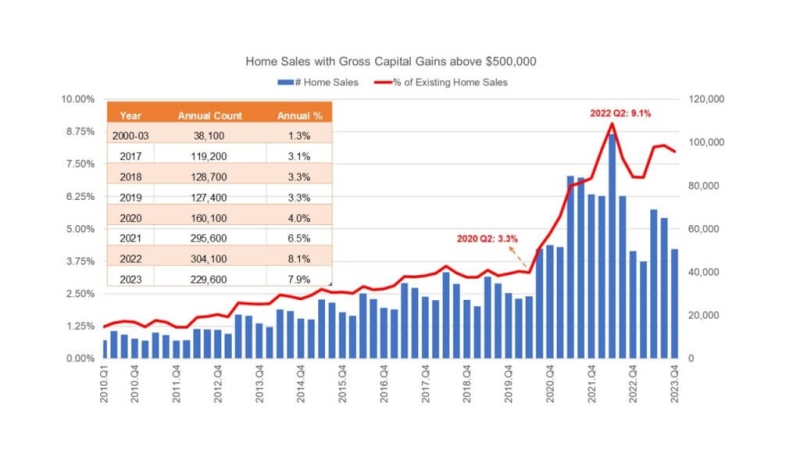Advertisement
MBS Issue Lands Former Credit Suisse Manager Behind Bars

Preet Bharara, the U.S. Attorney for the Southern District of New York, announced that David Higgs, a former managing director in the Investment Banking Division of Credit Suisse Group, was sentenced to time served in connection with a scheme to hide more than $100 million in losses in a mortgage-backed securities (MBS) trading book at Credit Suisse. On February 1, 2012, HIGGS pled guilty, pursuant to a cooperation agreement, to the offense of conspiracy to falsify the books and records of the bank.
The bonds at issue were composed of sub-prime residential mortgage-backed securities (RMBS) and commercial mortgage-backed securities (CMBS). Once discovered, the manipulation of these bond prices contributed to Credit Suisse taking a $2.65 billion write-down of its 2007 year-end financial result. Higgs was sentenced by U.S. District Judge Alison J. Nathan.
According to the Information to which Higgs pled guilty, and statements made during court proceedings:
Higgs was employed at Credit Suisse as a managing director in the bank’s London office. He reported to Kareem Serageldin, the global head of the Structured Credit Group in the Securities Department of Credit Suisse’s Investment Banking Division. The Structured Credit Group held and traded ABS (“Asset Backed Security”) cash bonds, which included RMBS and CMBS. Higgs oversaw and managed a trading book known as “ABN1.” The ABN1 book was composed primarily of several thousand individual long and short subprime-related positions, and also included other securities. The long positions consisted of, among other things, various types of cash securities, including AAA-rated and non-AAA-rated cash bonds. Until March 2008, ABN1 had a net asset value of approximately $5.35 billion, approximately $3.71 billion of which consisted of ABS cash bonds, including RMBS and CMBS positions.
Pricing of Mortgage-Backed Securities
Credit Suisse traders were required at all relevant times to price securities they held at their fair value, that is, on a “mark-to-market” basis, which was determined by reference to either the current market price of the asset or liability, or the current price for a similar asset or liability. In the absence of a liquid market, Credit Suisse traders were required to look to other indicia in order to determine the fair value of the assets on their books. During this time, the ABX Index served as a benchmark for certain securities backed by home loans. It was widely understood within Credit Suisse that traders were to consult the corresponding ABX indices when pricing RMBS bonds and related products.
The Bond Pricing Scheme
The deterioration throughout 2007 of the real estate market in the United States, including the subprime housing market, led to significant reductions in valuations of mortgage-backed securities. As mortgage delinquencies increased across the country, the value of the securities backed by these mortgages decreased and the market for them became increasingly illiquid.
By late November 2007, Higgs, Serageldin, and their co-conspirators were aware that the market for mortgage-backed securities had declined enormously. On November 28, 2007, Serageldin told Higgs, a co-conspirator named Salmaan Siddiqui, and another co-conspirator that “the housing market [was] going down the tubes” and that they had to “find a way to sell these bonds,” i.e., mortgage-backed bonds in ABN1. As they recognized, “[t]hose bonds are going to start trading worse than the [ABX] Index.” Serageldin, Higgs, and their co-conspirators did not sell the bonds because the market prices for the bonds were substantially below the inflated value at which they marked the bonds.
From August 2007 through February 2008, Serageldin, Higgs, Siddiqui, and their co-conspirators artificially increased the price of bonds in order to create the false appearance of profitability in the ABN1 trading book. Specifically, Serageldin directed Higgs on numerous occasions to reach specific Profit & Loss (“P&L”) targets on a daily and month-end basis. Higgs, in turn, instructed Siddiqui and another co-conspirator to mark the books so as to achieve the particular P&L targets specified by Serageldin, rather than to reflect the fair value of the bonds.
Credit Suisse’s ABN1 Trading Book Was Falsely Inflated as a Result of the Scheme
As a result of the scheme, there was a growing disparity between the values ascribed to the marks in the ABN1 book and the available external benchmarks, such as the ABX Index. From August 2007 through the end of that year, as ABX Index prices fell, bond prices in ABN1 that were supposed to reflect the ABX Index remained effectively stable, thereby giving the false impression to Credit Suisse senior management that the ABN1 book was profitable. On one occasion in January 2008, Serageldin expressed concern to HIGGS that the overpriced bonds were at risk of being discovered: “We should mark these down because someone is going to spot this,” he said.
The February 2008 Mark-Down
On March 20, 2008, Credit Suisse issued a press release which announced completion of its internal review and stated that the fair value reduction, or write-down, of the ABS positions – which included but was not limited to the ABNl book – was approximately $2.65 billion. Approximately $540 million of this write-down was attributable to the ABN1 trading book and included ABS cash bonds for the fourth quarter 2007 that Serageldin, Higgs, and their co-conspirators manipulated and inflated in connection with his scheme.
Judge Nathan also sentenced Higgs, a citizen of the United Kingdom, to no supervised release. HIGGS also was ordered to pay forfeiture in the amount of $900,000, a $50,000 fine, and a $100 special assessment.
Bharara praised the work of the Federal Bureau of Investigation and thanked the Securities and Exchange Commission for its assistance in the investigation of this case.
About the author





